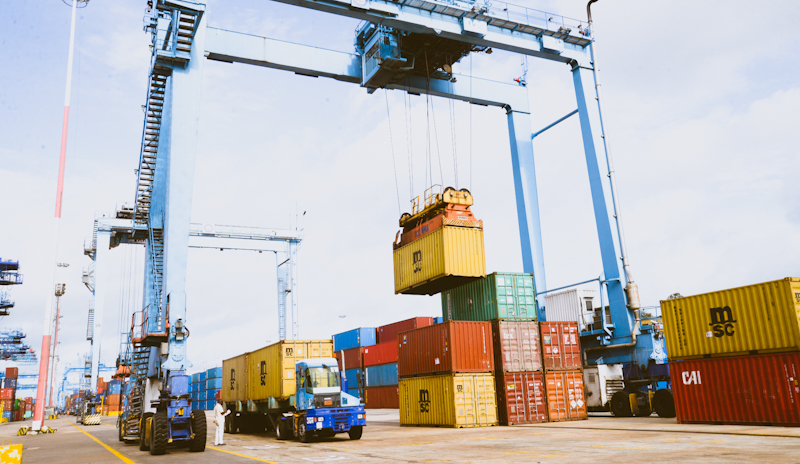Kenya’s private sector improved marginally in August, as output and new orders returned to expansion, according to the Stanbic Bank Kenya Purchasing Managers Index (PMI).
The PMI rose to 50.6 in August, up from 45.5 in July, the first time in seven months, albeit a marginal one.
Standard Bank’s economist, Christopher Legilisho, attributes this recovery to an increase in output and new orders, buoyed by greater political stability.
However, he also notes that business conditions continue to be affected by rising input prices, which have led to the fastest increase in selling charges since June 2022.
The PMI survey revealed a notable expansion of output in the services and manufacturing sectors, with export orders received by firms rising for a sixth straight month.
Improved food supplies, increased product marketing, and a calm political environment have all contributed to this growth in new orders.
“However, tough business conditions and inflation pressures remain a pressing concern for Kenyan businesses, as input prices and staffing costs were seen rising due to a weaker exchange rate as well as higher taxes related to the recently enacted tax measures in the Finance Act,” said Christopher Legilisho.
The survey also highlights that nearly 38% of Kenya’s private sector firms witnessed a monthly rise in their input costs, marking one of the sharpest rates of cost inflation in the survey’s near-decade history.
“As a result, the rate at which selling prices increased was also among the fastest seen since the survey began, rising to the highest level in over a year. Businesses often reported having to keep margins stable by passing higher purchase prices through to clients.”




